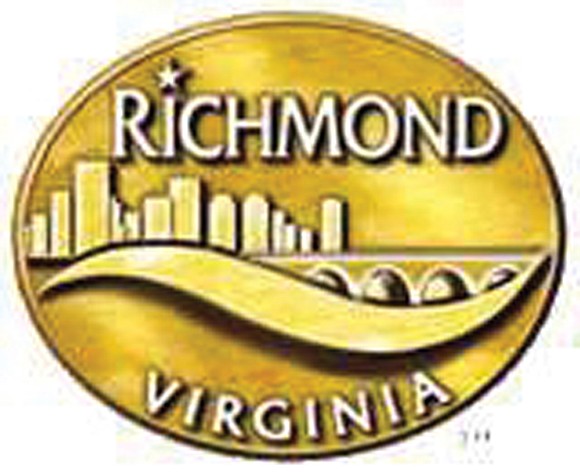City cuts tax bills on vehicles 20 percent
Jeremy M. Lazarus | 5/19/2022, 6 p.m.
The value of used vehicles has soared, but the rising prices will have far less impact on the yearly tax that Richmond residents are required to pay on their cars and trucks.
With City Council’s approval, Mayor Levar M. Stoney’s administration has essentially agreed to cut personal property tax bills 20 percent to help offset the increase in vehicle values.
The city’s action is expected to save residents a collective $8 million, the administration estimates, based on the current tax rate of $3.70 per $100 of value.
For example, the city’s action will shave $111 from the tax bill on a primary personal vehicle valued at $15,000.
Richmond’s action follows the lead of Henrico County, which temporarily cut its personal property tax rate by 52 cents to $2.98 per $100 of value in a bid to save its vehicle owners $20 million.
Richmond vehicle owners this week should start seeing for themselves what the impact of the Stoney administration’s action will have on their personal finances. The Finance Department said the bills have been mailed.
Taxes on vehicles in the city are due Monday, June 6, and mailed payments postmarked by that date will avoid penalties and interest for late payment, the administration has stated.
Unlike Henrico and Chesterfield County, the city has not extended the payment deadline.
The bills also are supposed to be available and payable online, but City Hall makes it virtually impossible to see them.
An owner already must know the internal city account number for their vehicle and the tax bill number to find the amount due. The city does not allow owners to use easier to find information, such as license plate and vehicle identification numbers.
City spokeswoman Petula Burks said that residents can obtain their account and bill numbers by calling the city’s 311 customer service line to obtain the information, but she could not explain why the city has made it difficult to get the information without making extra calls.
According to the Finance Department, owners are finding out that a combination of factors is causing their used vehicle to go up in value, rather than losing value as has been typical in the past.
The reason is that vehicle demand is outstripping supply, the department stated, due to a combination of factors, including supply chain interruptions, extremely low interest rates on car loans and large purchases by commercial fleets.
For owners, that imbalance in supply and demand was expected to raise tax bills. But along with that change, a long- standing state contribution to localities to reduce the tax charged on vehicles is not stretching as far.
The state contribution has not changed in more than 20 years, and with the increase in vehicle values, is projected to cover 30 percent of the value, the lowest level since being implemented.
To prevent tax sticker shock, Richmond is issuing tax bills as if the state payment would cover 50 percent of the potential tax.
As an example, if your car is worth $18,000, the gross tax would be $666, based on the $3.70 per $100 tax rate. Without the city’s action, the state contribution of 30 percent would reduce the tax to $466.20, a savings of $199.80.
However, the city’s decision to pretend that the state contribution would cover 50 percent of the tax means the owner’s tax payment on that vehicle would drop to $333, providing an additional savings of $133.20 and a total savings of $333.
The Finance Department already has applied the reductions on qualifying vehicles, meaning owners will receive the bottom-line tax bill for a qualifying personal vehicle, the administration has stated.







